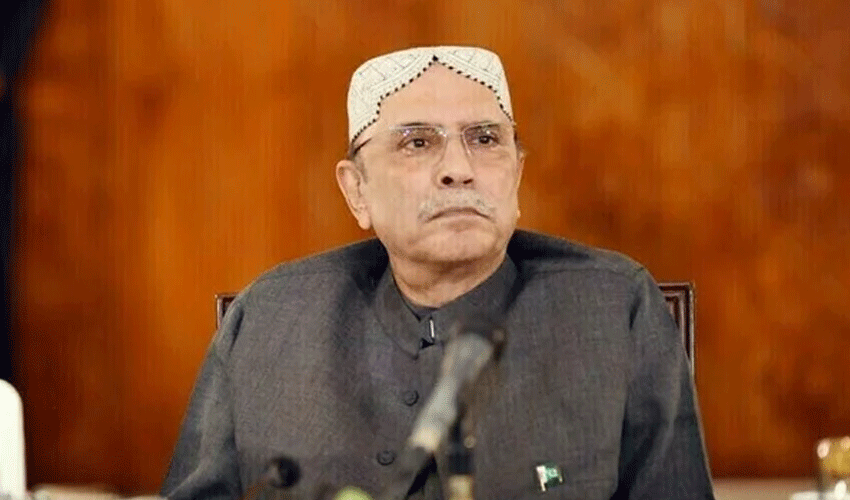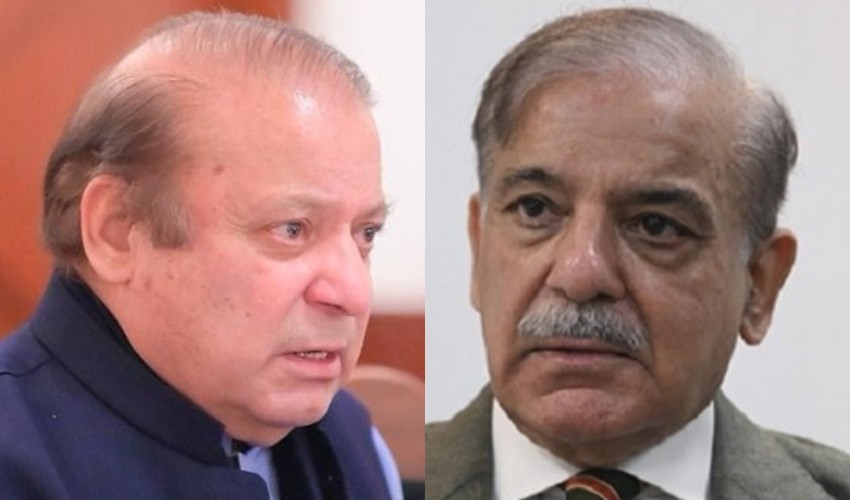In a dire warning, US Secretary of State Antony Blinken has declared that the entire population of Gaza, comprising two million people, is currently grappling with severe levels of acute food insecurity.
This stark assessment marks the first instance where an entire populace has been classified under such distressing conditions, highlighting the gravity of the humanitarian crisis unfolding in the territory.
Amidst mounting concerns over the impending catastrophe, Blinken has emphasized the urgent need for action, urging Israel to prioritize providing assistance to those in dire need. With UN agencies sounding the alarm that north Gaza could plunge into famine by May unless decisive measures are taken, the situation demands immediate attention and intervention.
Blinken's sobering remarks come amidst his ongoing trip to the Philippines, during which US officials have announced his forthcoming travel to the Middle East. This will mark his sixth visit to the region since October, underscoring the relentless efforts to broker a ceasefire and alleviate the suffering of civilians caught in the crossfire.
As negotiations between Israeli representatives and Hamas are set to resume in Qatar, Blinken's call for a halt to hostilities and the facilitation of humanitarian aid gains added significance. The talks aim to secure a deal to end the violence, ensure the delivery of essential aid, and address the issue of Israeli hostages.
The gravity of the situation in Gaza cannot be overstated, with Blinken asserting that the entirety of the population is in dire need of humanitarian assistance, according to United Nations assessments. This alarming situation underscores the imperative for immediate action and solidarity from the international community.
Addressing concerns about the lack of access for journalists and the rising casualties among media personnel in Gaza, Blinken reaffirmed the principle of ensuring media presence in conflict zones. Such transparency is crucial for the world to grasp the realities on the ground and mobilize support for those affected by the crisis.
Meanwhile, the UN human rights chief, Volker Türk, has condemned the man-made catastrophe in Gaza, attributing it to Israel's extensive restrictions on aid and commercial goods, displacement of civilians, and destruction of vital infrastructure. Türk warned that such actions could constitute war crimes, emphasizing the urgent need for accountability and redress.
In response, Israel's diplomatic mission to the UN in Geneva refuted the accusations, asserting its efforts to provide aid to Gaza. However, aid workers on the ground contend that security challenges, exacerbated by Israeli actions, have hampered relief efforts, exacerbating the humanitarian crisis.
As Blinken prepares for his upcoming diplomatic engagements in the region, including meetings with Saudi and Egyptian leaders, the focus remains on garnering support for a post-war plan to stabilize and govern Gaza.
However, significant hurdles persist, including disagreements over the role of the Palestinian Authority in Gaza's governance and Israel's continued military operations.
With the specter of famine looming large over Gaza and civilian lives hanging in the balance, the international community faces a pressing moral imperative to act decisively and avert further catastrophe in the besieged enclave.



























